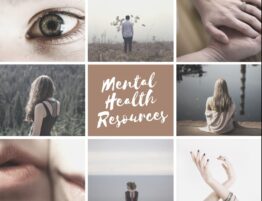
Doug Fields | 0 Comments Excerpted from Intentional Parenting, by Doug and Cathy Fields
Whoever made up the saying “Sticks and stones will break my bones, but words will never hurt me” was an idiot. Words are powerful and memorable. We remember words that are pointed and positive. We also remember words that are sharp and negative.The human brain processes physical and emotional pain in a similar way. This means that negative words can literally hurt and cause pain because our brains perceive little difference. Just as physical wounds leave scars, so do the emotional wounds caused by the misuse of words. This is consistent with what the Scriptures say:
“Thoughtless words cut deeply like a thrusting sword, but the speech of the wise is a healing balm.” (Proverbs 12:18, The Voice)
When it comes to your words, are you reacting in the moment and saying the first thing that pops into your head, or are you choosing words that are helpful and healing? Intentional parents understand that words are powerful, and that their choice of words can either build confidence in their children or destroy their hope.
This doesn’t mean that your words can’t ever be direct or negative. There are times when parents need to use words that are directive, instructional, and necessary. But if you find yourself always repeating the same directive, if you are constantly “on their case,” you may be conditioning your children to avoid you. Just like you, kids would rather be with people who enjoy, encourage, and speak kindly to them. Intentional parents need to ask constantly, “What is the most encouraging way to say this?”
One simple thing you can do is make a plan or script for situations you know will arise. Think through how you will respond with respect to your child when:
• He is late getting ready for school.
• The cleanliness of her room doesn’t meet your standards.
• You have asked him to do something and he didn’t.
Start by asking yourself: In each of these situations that could cause frustration, how could a careful choice of words on my part change the outcome of the situation?What would need to change within me to be a parent who uses positive words?
Using words that are positive and life-giving will require some practice. You may need to develop a new vocabulary as well as some new coping skills for when you’re frustrated and angry. As difficult as this might be, your positive words will result in positive impact. Because your words are way too powerful to not give them considerable thought.
WANT MORE?
For practical ideas on becoming an intentional parent, rather than relying on the quick fix, check out Intentional Parenting: 10 Ways to be an Exceptional Parent in a Quick-Fix World by Doug and Cathy Fields.





